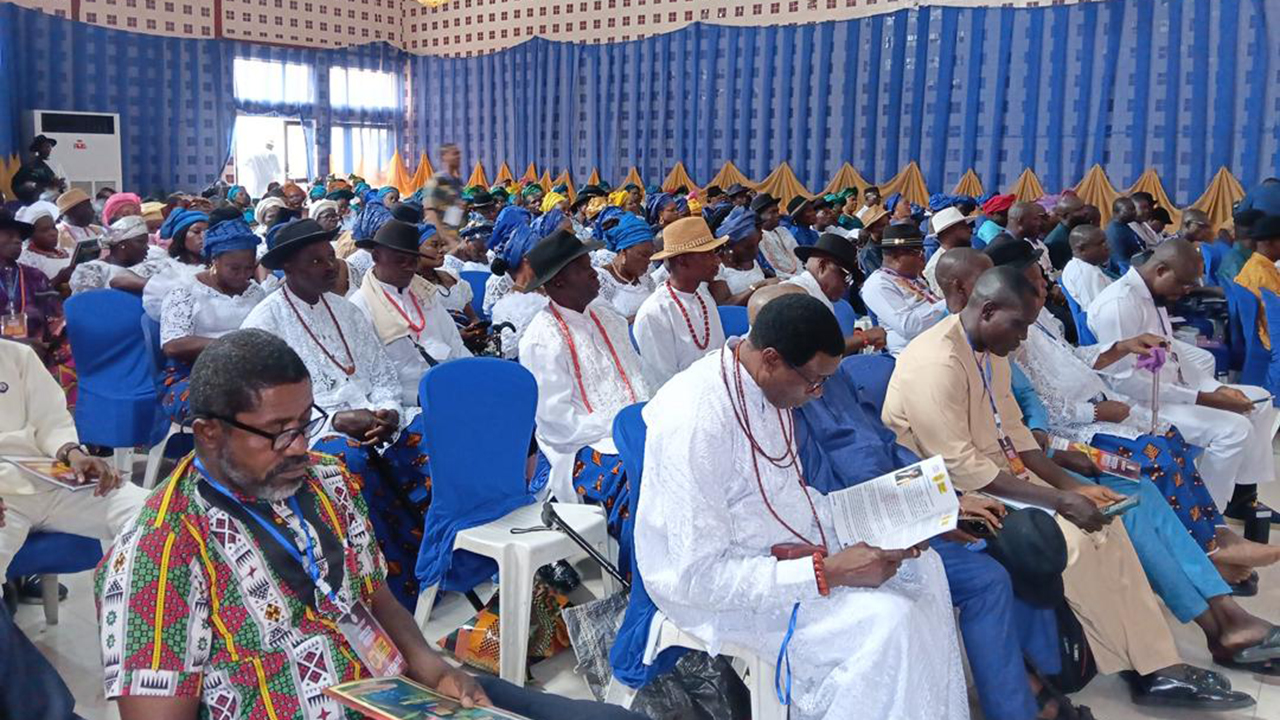
Nigeria and other African countries may lag in achieving the 2050 shipping decarbonisation target by the International Maritime Organisation (IMO), especially as the United Nations Conference on Trade and Development (UNCTAD) has said that an additional $8 billion to $28 billion investment (with the midpoint at $18 billion) would be required yearly to decarbonise ships by 2050.
The UNCTAD’s Review of Maritime Transport 2023, just released, said more substantial investments, ranging from $28 billion to $90 billion yearly, would be needed to develop infrastructure for 100 per cent carbon-neutral fuels by 2050.
As such, UNCTAD, ahead of the global leaders’ preparation for the next UN climate conference (COP28), advocated for system-wide collaboration, swift regulatory intervention and stronger investments in green technologies and fleets.
According to the report, full decarbonisation by 2050 will require massive investments and could lead to higher maritime logistics costs, thereby raising concerns for vulnerable shipping-reliant nations like Small Island Developing States (SIDS).
The global report also stressed that full decarbonisation could elevate yearly fuel expenses by 70 per cent to 100 per cent, potentially affecting SIDS and least-developed countries (LDCs) that heavily rely on maritime transport.
Investment in maritime transport and decarbonisation in Nigeria and Africa have suffered a series of setbacks, due to the non-implementation of policies despite calls to address the issues.
Recall that at a recent gathering in Lagos, the former Executive Secretary of the Gulf of Guinea (GoG) Commission, Florentina Adenike Ukonga, lamented that even though Nigeria and other African nations have domesticated the Prevention of Pollution from Ships (MARPOL) Convention as a major component of their municipal laws, there is inadequate enforcement of policies to the global instrument to counter pollution on the waters.
She said maritime transportation in Nigeria and West and Central Africa is grossly underdeveloped as the majority of the ships providing services in the region are from Europe, Asia and the Far East.
Ukonga said being a signatory to the Convention is a first step in the right direction as this ensures the African environment is no longer perceived as a dumping ground for maritime toxic waste, garbage and other hazardous excretions from factories abroad.
The Consul-General of the Netherlands in Nigeria, Michel Deelen, stressed the need to shield Nigeria and Africa from the destructive effects of pollution from ships and other ocean-going crafts.
He said Nigeria must be serious about putting in place structures to discourage ocean pollution from ships in its maritime space through existing laws and sanctions.
Meanwhile, the UNCTAD’s report stated that the shipping sector, whose greenhouse gas emissions have risen to 20 per cent over the last decade, operates an ageing fleet that runs almost exclusively on fossil fuels.
The report stated that nearly 99 per cent of the global fleet is still reliant on conventional fuels with 21 per cent of vessels on order designed for alternative fuels.
UNCTAD further expressed concern over the aging global shipping fleet, noting that at the start of 2023, commercial ships were on average 22.2 years old, with more than half of the world’s fleet over 15 years old.
The Secretary-General, UNCTAD, Rebeca Grynspan, said maritime transport needs to decarbonise as soon as possible, while ensuring economic growth, noting that balancing environmental sustainability, regulatory compliance and economic demands is vital for a prosperous, equitable and resilient future for maritime transport.
She said bold and timely action and collaborative efforts are essential to ensure a sustainable, resilient and prosperous future for maritime transport.
Grynspan also called for a just and equitable transition to a low- and zero-carbon future in global shipping as well as a system-wide commitment and regulatory action to combat the escalating environmental challenges faced by the maritime sector.
She said to ensure an equitable transition, there must be a universal regulatory framework applicable to all ships, irrespective of their registration flags, ownership or operational areas, thereby avoiding a two-speed decarbonisation process and maintaining a level playing field.
The Director of Technology and Logistics, UNCTAD, Shamika Sirimanne, said economic incentives, such as levies or contributions paid about shipping emissions may incentivise action, promote the competitiveness of alternative fuels and narrow the cost gap with conventional heavy fuels.





